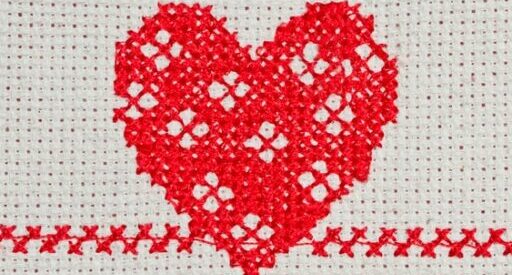Greenlandic Women Endure Decades of Trauma from Forced Contraception
In a deeply emotional and historic moment, Danish Prime Minister Mette Frederiksen offered a heartfelt apology to Greenlandic Indigenous women. These women were subjected to forced contraception by Danish health authorities without their consent.
The ceremony took place in Greenland’s capital, Nuuk. It marked a significant step toward reconciliation for the traumatic experiences these women endured, which date back to the 1960s.
Table of Contents
The Historical Context of Forced Contraception in Greenland
Back in the 1960s and 1970s, Danish health authorities made Greenlandic women and girls use intrauterine devices (IUDs) or receive hormonal birth control injections without asking for their consent. They saw this as a way to control population growth in Greenland, which was rising quickly due to better living conditions and healthcare.
The Impact on Greenlandic Women
The forced contraception devastated many women. Katrine Petersen, for example, was just 13 when Danish doctors fitted her with an IUD after ending her pregnancy.
They never asked for her consent. She lived with trauma and later couldn’t have children, carrying that pain for life.
The Apology and Its Significance
During the ceremony in Nuuk, Prime Minister Frederiksen’s voice cracked as she expressed her sorrow for the pain inflicted on Greenlandic women. She said the apology wasn’t only about the wrongful acts, but also about the way Danish authorities dehumanized Greenlanders.
Statements from the Affected Women
Many women have come forward to share their experiences. Kirstine Berthelsen, who thinks she was 14 when she received an IUD, remembered the endless pain she went through.
She did have a son at 34, but she blames the forced contraception for her later failed pregnancies. Berthelsen decided to attend the ceremony in Nuuk, showing how much this apology matters to her healing.
Broader Implications for Danish-Greenlandic Relations
The apology comes as Denmark tries to repair its relationship with Greenland. The territory’s history with its former colonial power is complicated.
Forced contraception was just one part of a broader pattern, including removing Inuit children from their families for reeducation in Denmark. These historical abuses have fueled Greenland’s independence movement and made reconciliation more difficult.
The Role of Independent Investigations
An independent investigation published earlier this month revealed the extent of the forced contraception program. More than 4,000 women and girls—about half of Greenland’s fertile female population at the time—were fitted with IUDs without their consent.
The report detailed the physical and emotional trauma these women suffered. Many endured pain, bleeding, and serious infections.
Looking Forward
Denmark and Greenland are still working through the process of reconciliation. It’s crucial to keep addressing those old injustices and make sure nothing like this happens again.
The apology isn’t just words—it’s a reminder about consent and respect in medicine. There’s a real need for honest dialogue and steady support for the people who went through this.
If you want to dig deeper, you can check out the full article on the official apology and its impact here.

